GK Colloquium: Priscilla Adenuga and Carolin Reinert
Priscilla Adenuga and Carolin Reinert will give two short talks on Jan. 16 at 4pm in SH 2.106.
Prescilla Adenuga: Nominal Attributive Modifiers (NAM) in Ògè
In this talk, I show that nominal attributive modifiers in Ògè are derived through two morphological processes which are reduplication and affixation. The base form of the reduplicated form is found in predicate constructions. In addition, reduplicated attributive modifiers occur in a pre-nominal position where they are nominalized with the prefix [í]. For this study, two theoretical approaches are adopted; Morphological Doubling Theory (MDT) of Inkelas & Zoll (2005) and Theory of labeling, selection and feature checking by Zeijlstra (forthcoming). I demonstrate that NAM in Ògè is a derived noun. In order to support the analysis of NAM in Ògè, I compare my analysis to NAM in Standard Yoruba (SY) and show that attributively used adjectives are derived from reduplicated predicatively used adjectives in SY. I further conclude that NAM in both languages are structurally richer than the predicatively used adjectives.
Carolin Reinert: The role of context for as- and for-intersectives
Aiming at advancing the compositional analysis of adjective noun constructions, I will start by adopting the assumption that a fundamental distinction should be drawn between local and non- local interpretations of adjectives (see, e.g., Schwarz 2006 and Morzycki 2014).
This distinction opens up the path for a surprising yet promising line of thought: taking intersectivity as the „worst case’“ (contra Montague 1970). Under this approach, in the end all „real“ (that is, local) adjectives will express some sort of property. Thus, combining them with the noun will eventually just be a case of conjunction.
However, some of the local adjectives will first have to be „made“ expressing just a property, and this needs to be done before they combine with the noun. In many cases, adding a mute contextual parameter – a comparison class, say – will do. However, by default this parameter is identified with the extension of the modified noun.
Therefore, the following questions demand for an answer: How exactly do the adjective’s context parameter and the noun interact? Is the additional parameter purely contextually given, or may it, for example, be syntactically bound in any way? In the talk, I will focus on these questions for the suggested classes of „as-intersectives“ and „for-intersectives“, and discuss some relevant data for these classes.
